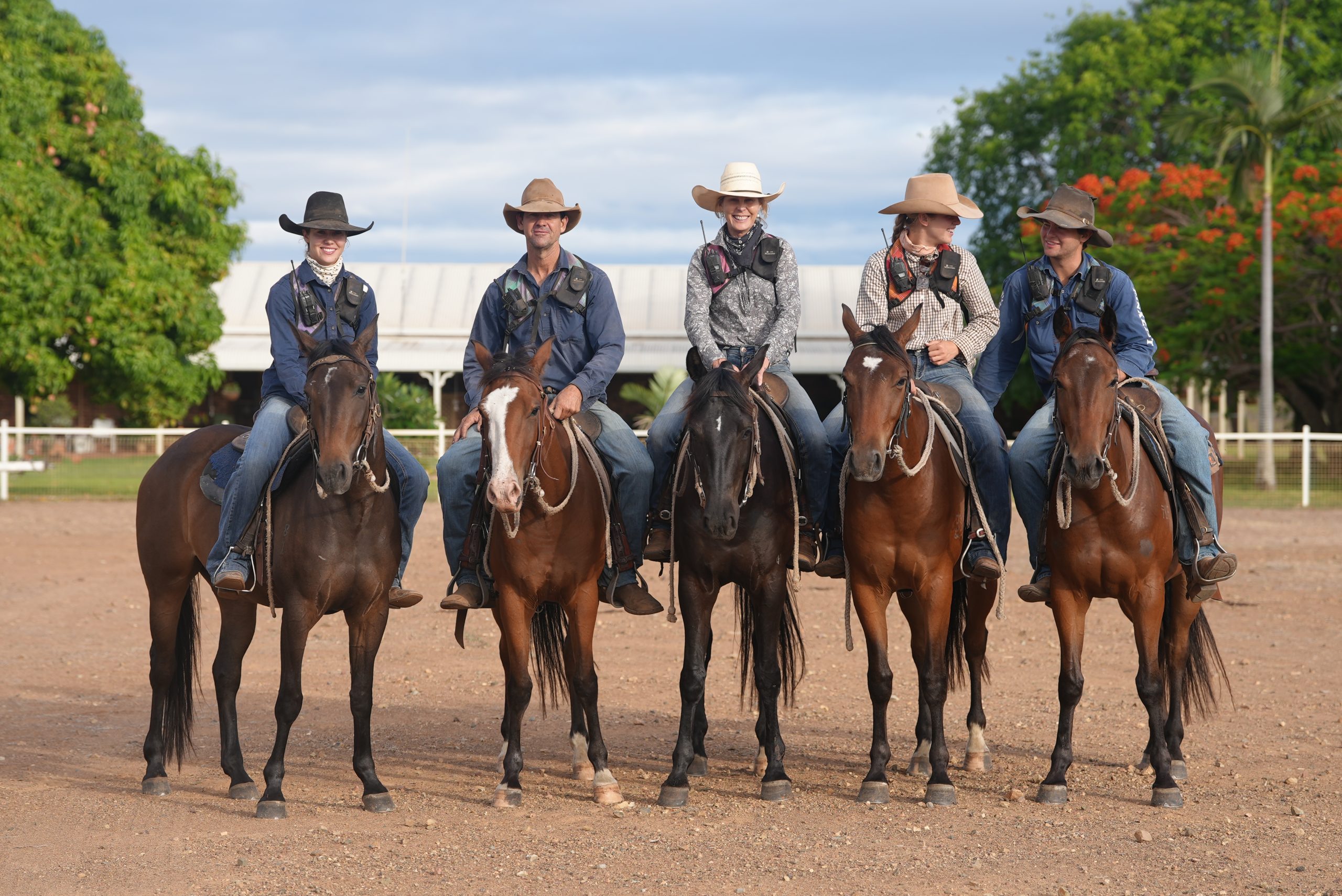At just six years old, a boy from a humble township in Kenya taught himself to play chess. Now eleven, he has the chance to qualify for the World Chess Championship 2026.
His name is Elvis. Elvis Okwembe.
Chess has seen a surge in popularity across Africa and beyond. The game is credited with improving decision-making, patience, and cognitive ability — all vital skills for navigating life’s challenges. More than a pastime, chess is a powerful tool for empowerment and connection.
Recognising this potential, New Yorker Russel Makofsky launched an initiative to bring chess to underserved communities. He founded The Gift of Chess, a nonprofit that distributes free chess sets to schools, youth detention centres, prisons, and refugee camps around the world — with a goal of reaching 1 million by 2030.
Recently, Susan Namangale was appointed Global Head of The Gift of Chess. She is also the first female president of the African Chess Federation. Her own journey is a testament to the game’s transformative power. Raised in a rural village in Malawi, Susan discovered chess at a young age and rose through the ranks. This year, she’s running in the Malawi national elections — and if elected, will become the first female MP in her constituency.
Based in Lagos, Chess in Slums Africa distribute boards, offer training, and organise competitions to empower the next generation. They have improved school attendance, instilled a love of learning, and provided scholarships to help children stay in school.
Meanwhile, young Elvis with his characteristic generosity and tenaciousness, has been training 35 other children from his community and introduced the game to 20 children from Kibera – Africa’s largest slum. He has been studying the game of the Swedish Grandmaster, Magnus Carlsen, the highest-ranked chess player alive today. Dreaming he can beat Magnus, Elvis intends to challenge him to a game.
Elvis also believes he will one day be President of Kenya.







